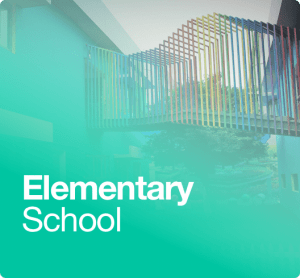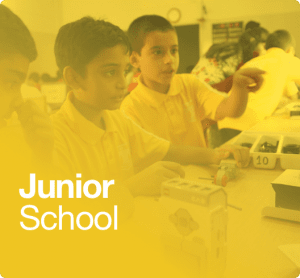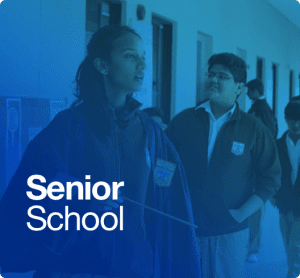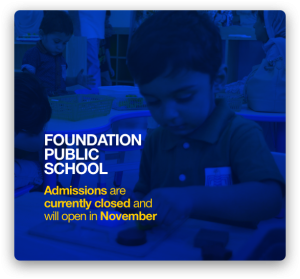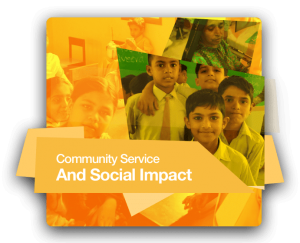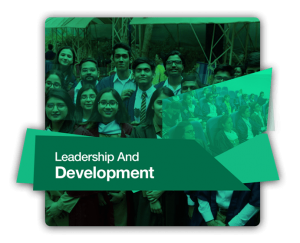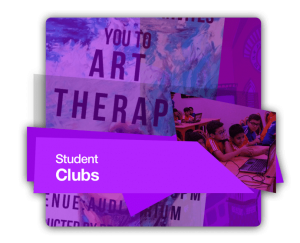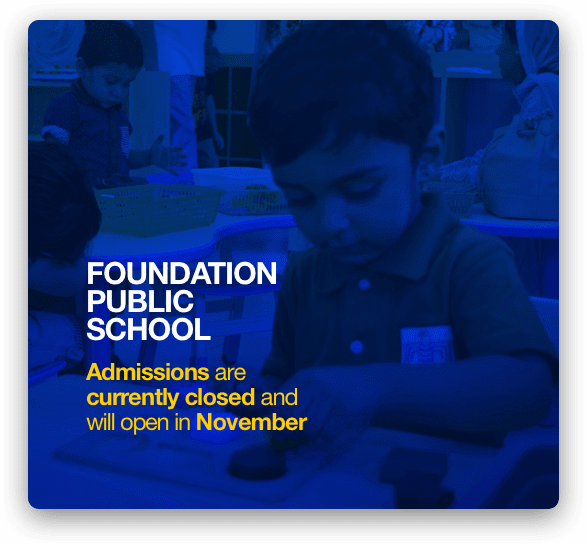The past year has been full of challenges for everyone. Children were no exception as their education was most affected. This is why we have worked tirelessly on devising a more progressive and pragmatic curriculum for our Elementary learners as an urgent need of the hour.
There are a lot of myths and misconceptions that are associated with Elementary education. Let’s explore some of these myths and try to answer them in light of the new and innovative Future Design School curriculum which offers a modern and progressive approach to Elementary teaching and learning.
Myth #1 – Children in early childhood years play all day. There aren’t any benefits to play, but children enjoy it.
For most of us the word ‘play’ is an activity that is in contrast to learning. However, research proves that children learn best through play. When children are playing, they are actually learning. As simple as it may sound, it is a complex process with its own set of challenges and requires thorough and structured planning.
By using this very effective approach in the new curriculum, we want our students to engage and learn through exciting hands-on, tactile play that allows them to discover themselves and the world.
Myth # 2: At home and in early childhood programs, young children should only be focusing on learning letters, shapes, and numbers.
In addition to teaching letters, sounds, shapes, and numbers, the Future Design School programme focuses heavily on nurturing and developing children’s social, emotional, and physical skills that support them both in and out of the classroom. We all want our children to become confident and independent learners and this curriculum ensures the development of these 21st century skills in children.
Myth # 3: Parents’ role should be minimal in this learning journey.
Although the programme encourages child-led play helping children to become independent thinkers, learners and decision-makers, the role of parents in a child’s learning journey is essential and should not be undermined at any cost. It is imperative for them to partner with the school in their child’s learning process and help hone the child’s intelligence and curiosity.
Myth # 4: Reading is outdated. Our children don’t have to read.
“The more that you read, the more things you will know. The more that you learn, the more places you’ll go.”
Dr. Seuss
Reading forms the basis of strong literacy skills in children and its innumerous benefits can never be stressed enough. The new curriculum offers creative strategies and techniques for developing an interest in children to read and connect with their imagination in a fun and enjoyable way.
Myth # 5: Assessment of a child is only possible through repeated testing.
The Future Design School introduces an approach to teaching and learning through different journey-based assessments to focus on the skills taught throughout their learning experience. A child’s learning is monitored through conversations and observations over a period of time.
It is safe to say that the Future Design School curriculum is well researched and tested by experts and meets international standards of education. It ensures achievement, attainment and success of our students in every manner of speaking.
Written by
Farah Durrani
Head of Department
Admin and Academics
FPS – HO


